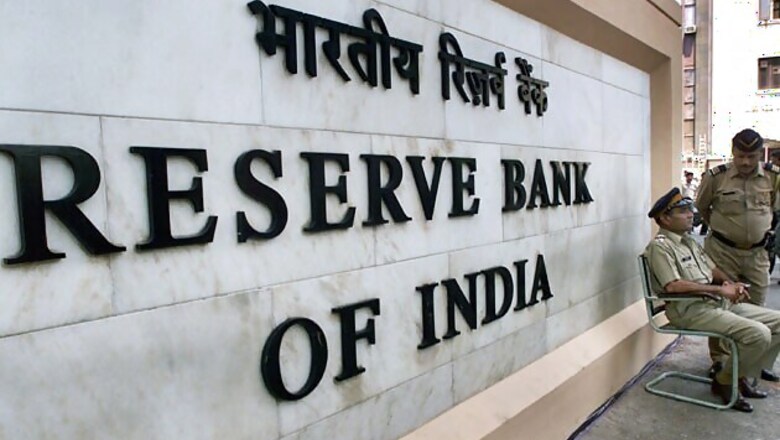
views
Mumbai: The Reserve Bank on Friday revised guidelines for mortgage guarantee companies and said that guarantees provided by them may be treated as contingent liabilities, for which credit conversion factor would be 50 per cent.
"While calculating capital adequacy of MGCs, mortgage guarantees provided may be treated as contingent liabilities and the credit conversion factor applicable to these contingent liabilities will be 50 per cent as against the present 100 per cent," RBI said in a notification.
The revision of guidelines on mortgage guarantee companies came after RBI received representations from the industry.
As per the extant guidelines, MGCs have to provide for a lower appropriation to contingency reserves if provisions made towards losses exceeded 35 per cent of the premium or fee earned during a financial year, but it does not specify the exact level of such contingency reserves.
"In such a case, contingency reserves could go to a minimum of 24 per cent of the premium or fee earned, such that the aggregate of provisions made towards losses and contingency reserves is at least 60 per cent of the premium or fee earned during a financial year," the RBI said.
An MGC may now utilise contingency reserves without prior RBI approval for the purpose of meeting and making good losses suffered by mortgage guarantee holders. However, such a measure can be initiated only after exhausting all other avenues and options to recoup losses.
The new guidelines said that investments made towards government securities, government guaranteed securities and bonds not exceeding the MGC's capital may now be treated as "held to maturity" (HTM), for the purpose of valuation and accounted for accordingly.
Investments classified under HTM need not be marked to market and would be carried at acquisition cost, unless it is more than the face value, the RBI notification said.
The book value of the security should continue to be reduced to the extent of the amount amortised during the relevant accounting period.
However, if any security out of this HTM category is traded before maturity, the entire lot would be treated as securities held for trade and would have to be marked to market, the RBI said.




















Comments
0 comment